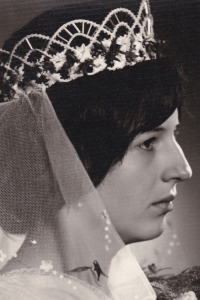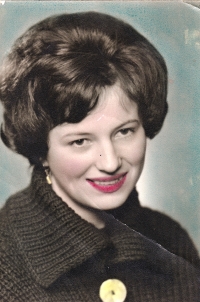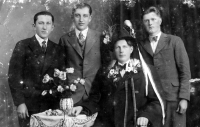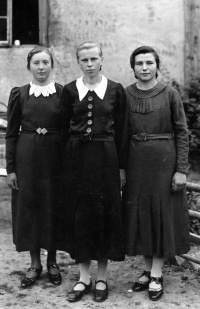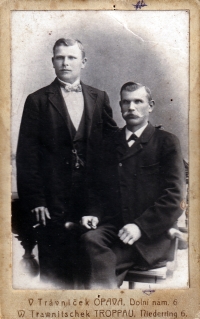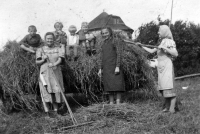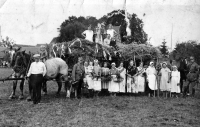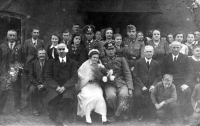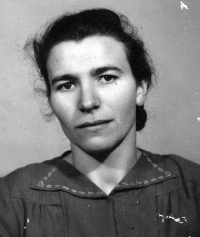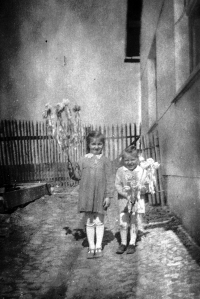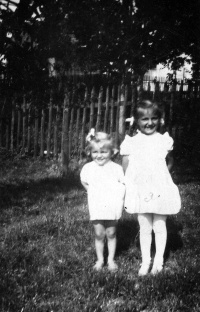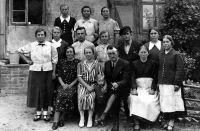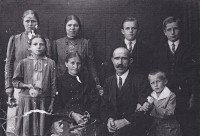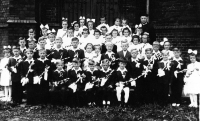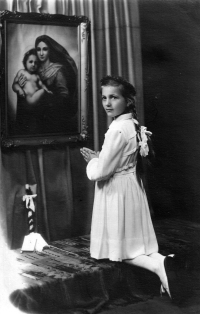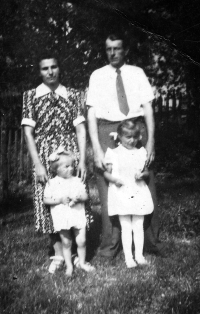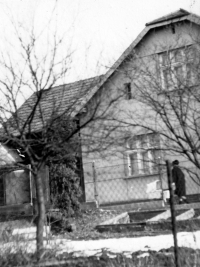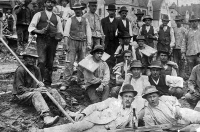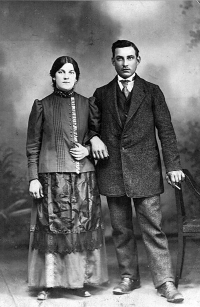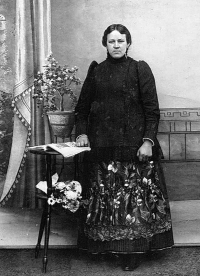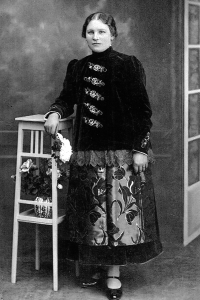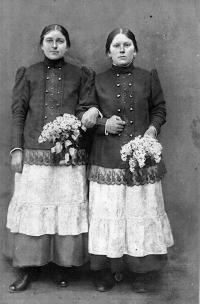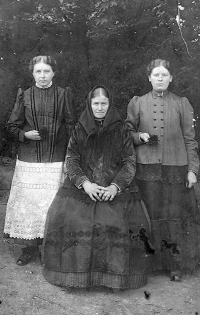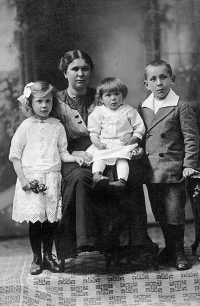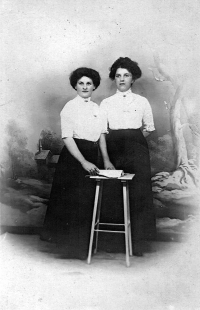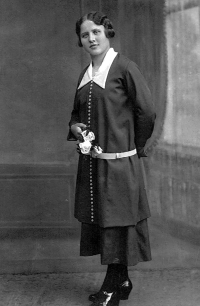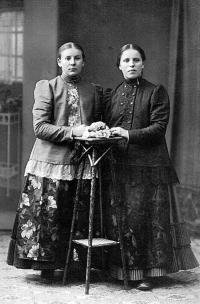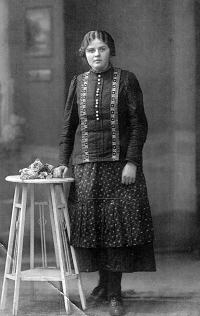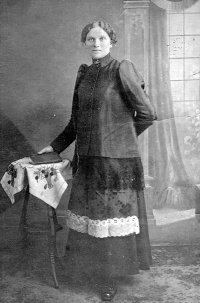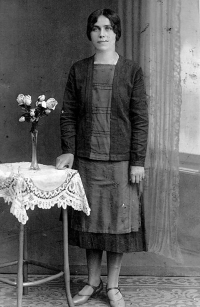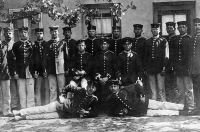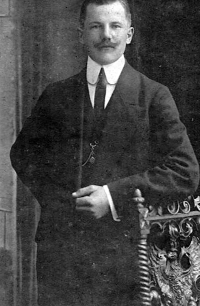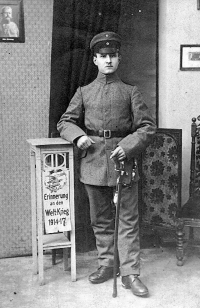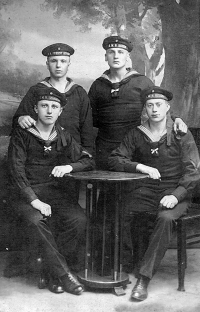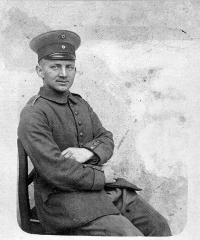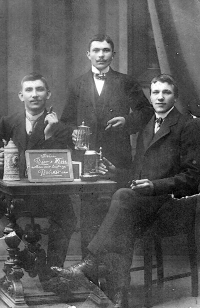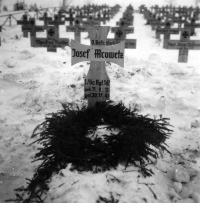Start every work with God, you will succeed and feel great about it

Download image
Alena Matuštíková, née Chlebková was born on 26 June 1947 in Kobeřice in the area of Hlučín. The family was affected by the Second World War. Two of her uncles were killed in Wehrmacht uniforms at Stalingrad. Her father and other relatives also had to enlist in the German army. Her mother narrated to her that the front went directly through their farm in April 1945. She grew up in modest circumstances. Her parents had a small farm, her father worked as a bricklayer. They raised her in the Catholic religion. Even though she was a good student, she was not admitted to study to become a dressmaker for which she had applied. When she was fifteen years old, she started to work as a blue-collar worker in the new materials pressing shop in Chuchelná. She got married to Bernard Matuštík and they had two children. Circa from the half of the 1970s, she worked in a cow house of the local United Agricultural Cooperative. When the communists offered her to join the Communist Party of Czechoslovakia, she said she would never join a party forbidding people from going to church. Her son was not even admitted to study to become a cook because of his religion. Alena Matuštíková was proud to belong to the Hlučín region and promoted the local dialect. In 2021 she lived in Kobeřice.
